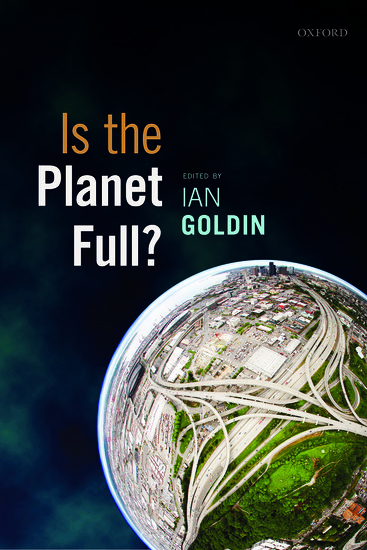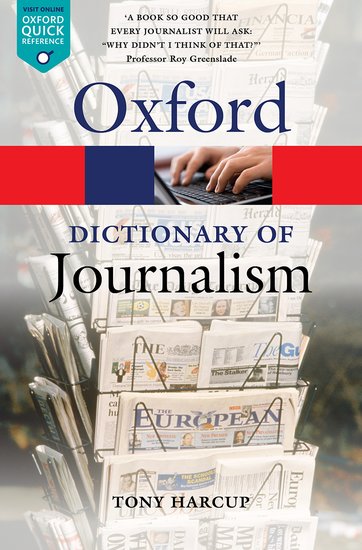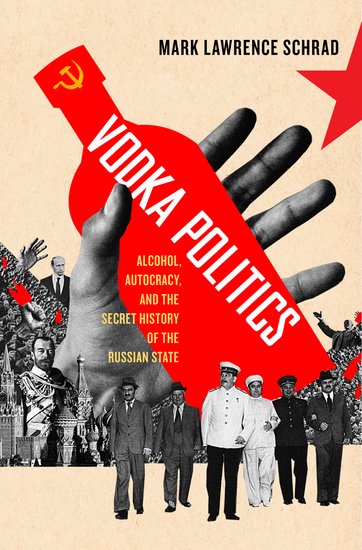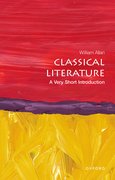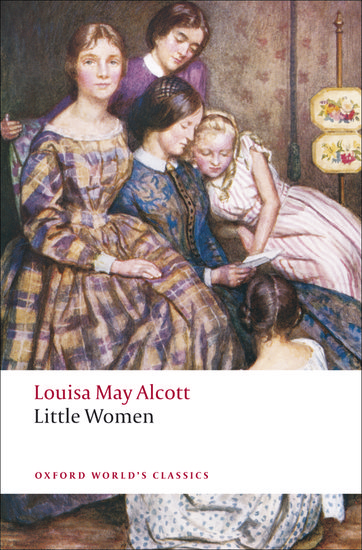Ros Bandt, Grove Music Online
The Biography of Ros Brandt, from Grove Music Online. An interest in experimental music is apparent from her earliest compositions, many of which involve performance in specific places, improvisation, electronics, graphic notation, and the use of self-built and specially built instruments. These include Improvisations in Acoustic Chambers, 1981, and Soft and Fragile: Music in Glass and Clay, 1982.



